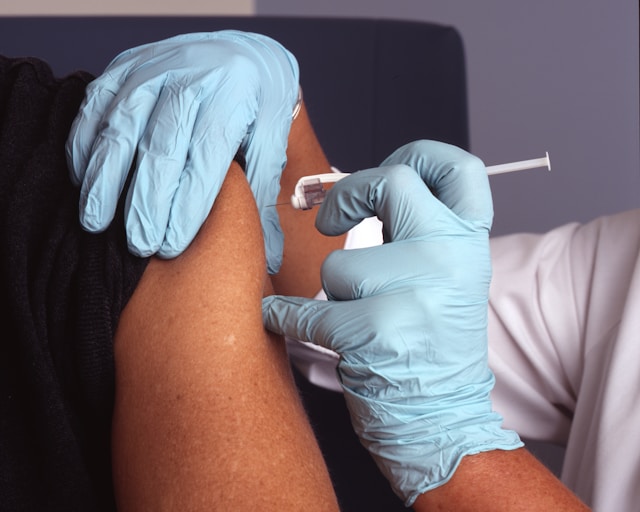
By: Kristine L. Rhodes, MPH, Abigail Echo-Hawk, MA, Jordan P. Lewis, PhD, MSW, Vanesscia L. Cresci, MSW, MPA, Delight E. Satter, MPH & Denise A. Dillard, PhD, Sage Journals
As the first scientists on the American continents, the research pursuits of American Indian and Alaska Native peoples used a variety of methods for understanding and responding to complex environmental factors for the wellbeing of their communities. Because of colonialism and attempts to eradicate tribal cultures, most of this knowledge has been stolen or lost. This has been detrimental to the health and wellbeing of American Indian and Alaska Native people.
Today’s public health data systems do not reflect or serve the needs of tribal peoples and prevent tribes from assessing health risks and trends, tracking illnesses, and making data-informed decisions.
Understanding and respecting American Indian and Alaska Native data equity is a crucial piece of health equity. In a new article in Public Health Reports, American Indian and Alaska Native public health data experts share what needs to be done to make this a reality.








